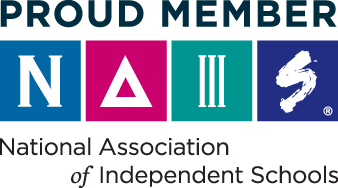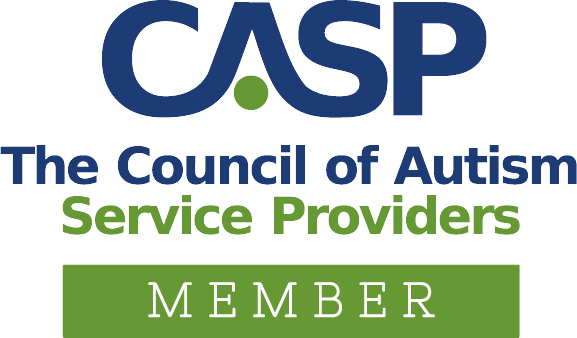Q: What grades do you offer at Victory Academy?
A: Victory offers a variety of skill-based classrooms, rather than classrooms based solely on a grade or age group. Students are placed in classrooms based on age and learning profile. We offer all levels, including Elementary, Middle and High. However, students must be six years old by September 1st of the enrollment year in order to attend Victory Academy.
Q: Does Victory Academy ever accept students mid-year or in the summer?
A: Victory has been at full enrollment each school year by September 1st. However, there are times (for various reasons) when a spot may become available in a specific classroom.
Q: Does Victory Academy offer any kind of financial aid or scholarships?
A: All Victory families are offered a subsidized tuition option, which acts as a form of financial aid (a discount off the actual tuition cost). In 2016, Victory began to offer returning families need-based financial aid, with scholarships approximately 50% of tuition cost. Families of elementary and middle school students can often access individual insurance coverage for reimbursement of ABA services to offset tuition cost. However, Victory is out of network and does not bill directly.
Q: What is the schedule at Victory?
A: Victory has an open window for morning drop-off, which is 8:30-8:45 a.m. Classes begin at 8:45 a.m. Pick up begins at 3:30 p.m. and ends at 3:45 p.m. Wednesdays are EARLY RELEASE at 1:30 p.m. Victory is also a year-round program, with the school year beginning in September and ending in August.
Q: When will I be notifi ed of my student’s admission to Victory?
A: The admissions process takes place in April and May and involves a series of conversations and visits, as we strive to make a fully informed decision about whether Victory can serve the student and their family. By the end of May, we typically have the information we need in order to invite families to enroll. For those who accept the invitation, their student would begin school at Victory in September. Sometimes, new students are invited to participate in some summer events and initial assessments.
Q: If I miss the April 11th deadline for first-round consideration for admissions, can I still apply for my child?
A: Yes. The Admissions Committee will reopen the application if classroom openings still exist.
Q: Do you offer tours for prospective students and families at Victory?
A: The best way to learn more about Victory is to attend our Annual Open House (see Admissions page). During this event, all of Victory’s directors, teachers and specialists are available to help answer your questions during a self-guided tour of our building and programs. In addition, we offer a more informal visit every few months to those looking for information prior to the Open House. All tours are for parents and guardians only, as we don’t like to talk about students in front of them.
Q: What criteria does Victory consider for admission?
A: Assuming an applicant’s age and learning profile fit with one of our current student cohorts, the other primary factor we consider for admission is the applicant’s ability to learn in a pair and both small and large groups. Students who require consistent 1:1 for the following (below) are encouraged to apply when these prerequisite skills or needs are met:
- Learning
- Safety (aggression, elopement, wandering)
- Medical + Self-Care Needs (feeding tubes, toileting)
- Intensive Mental Health Support
Q: My child is too young for Victory at this time. What can we do in advance to prepare for potential admission in the future?
A: In order to smoothly transition into Victory, a student can gain some of the prerequisite skills by participating in similar therapies to what we offer in our program. In particular, a student who has had ABA (Applied Behavioral Analysis) Therapy will likely have greater success at Victory. Victory uses the principles of ABA therapy within our classrooms, including a variety of innovative teaching practices. In addition, if Speech or Occupational Therapy is indicated for the applicant, gaining skills in these areas prior to Victory will set them up for success. Any therapy evaluations or reports attached to the student’s application to Victory offer valuable insights to the Admissions Committee during the evaluation process. Thus, we recommend that parents keep a file of documentation from their student’s therapists and submit them with their application.
Q: Does Victory accept applications from out of state families?
A: Victory has enrolled multiple families from out of state over the years. We can offer some fl exibility in the admissions process in order to accommodate a family’s travel plans. We require at least one in-person visit with the student and the family during admissions in order to make a fully informed decision about whether Victory can serve the applicant student successfully.
Q: Where do students go to school after Victory Academy?
A: This is a difficult question to answer, as every student and family have their own personal plan in mind for the child’s educational journey. Some students will transition out of Victory into other private schools or even public institutions. However, with the growth of Victory into a K-12 model, a good portion of the students will stay at Victory for the duration of their K-12 schooling. We also launched Compass in 2023, a day program for young adults with Autism and related learning differences.





